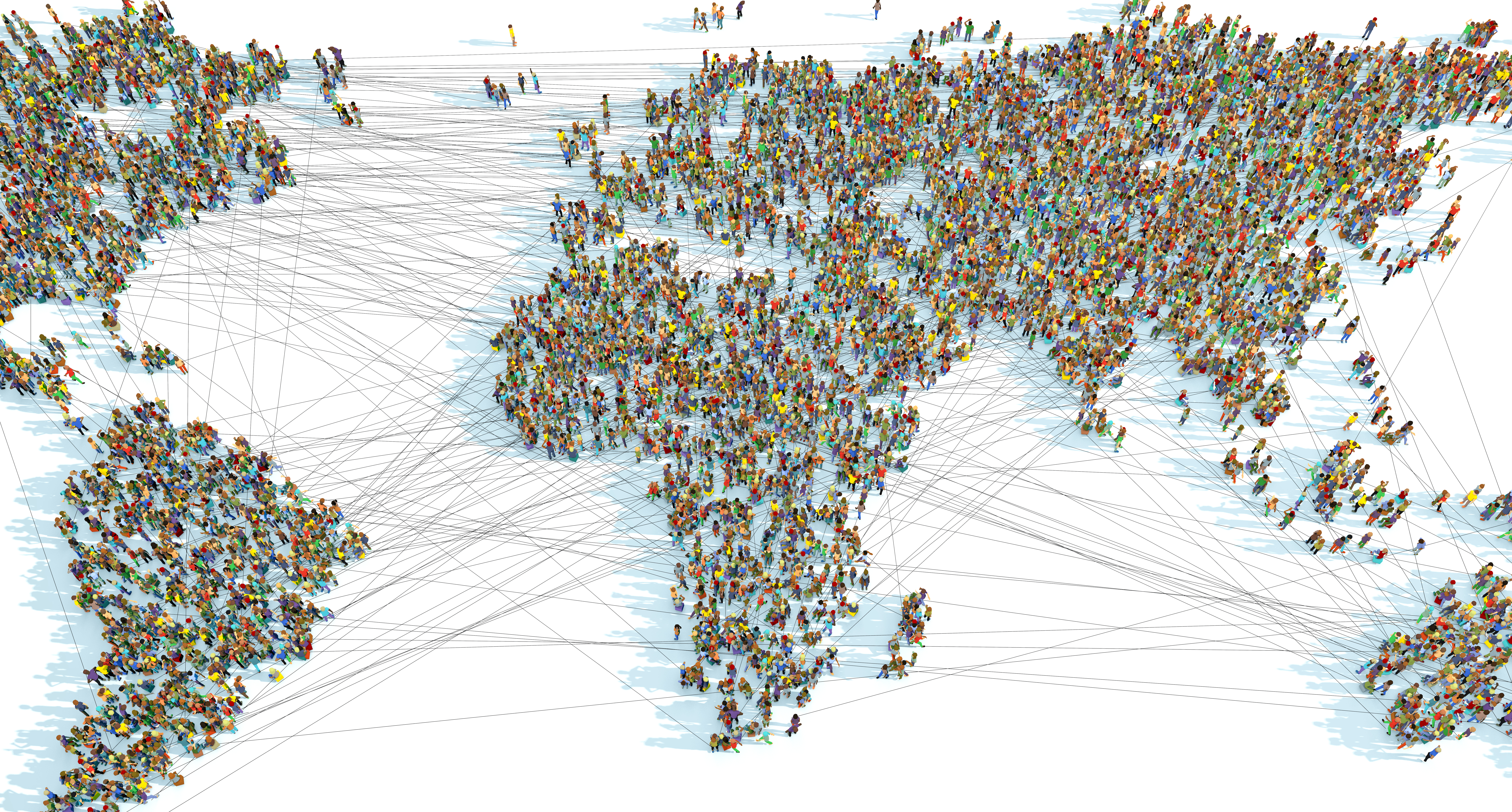
Instructor:
Human beings belong to different groups and families. Yet they cooperate. By themselves individuals are often powerless and incapable of procuring basic necessities. Yet, together, a group has the collective intelligence to accomplish some of the most ingenious tasks known to humankind. What is the source of this cooperation and how has it influenced the social and evolutionary development of human beings? This course sources short readings from archaeology, history, economics, psychology, evolutionary biology, and anthropology to understand the powerful role of the idea of culture and its associated institutions in the emergence of collective cooperation as a unique capacity of human beings. It will explore how this capacity for culture has been differently realized in the evolutionary history of human beings, how it encourages intergenerational and intergroup learning, how it interacts with our genetic constitution, and how these transformation in our capacities occur over swathes of time. In short, this course approaches culture as that unique driver of transformation and change that have made arguably made human beings smarter than other species.
